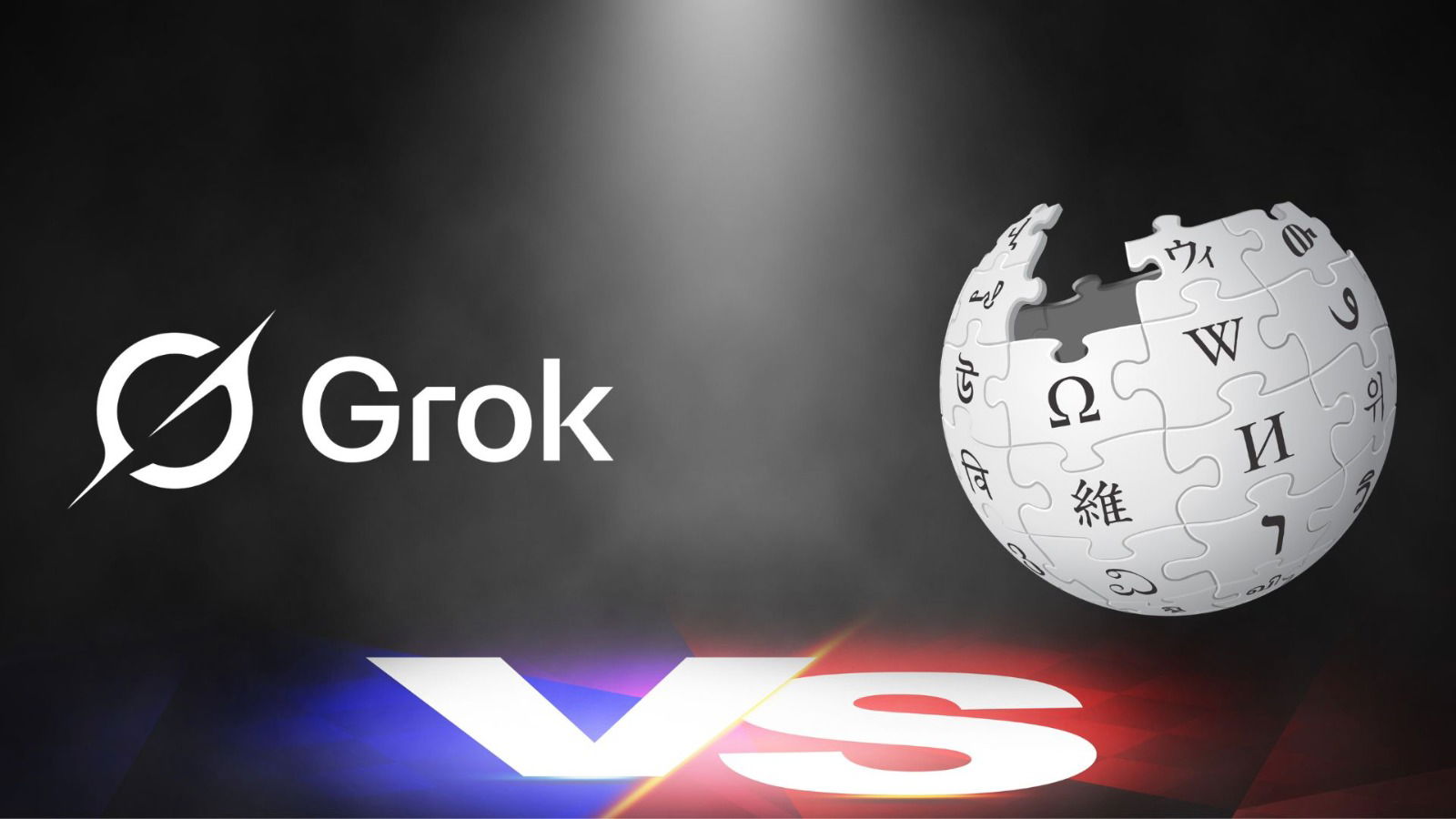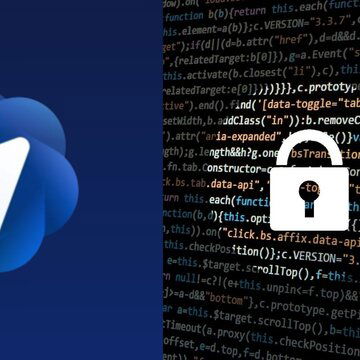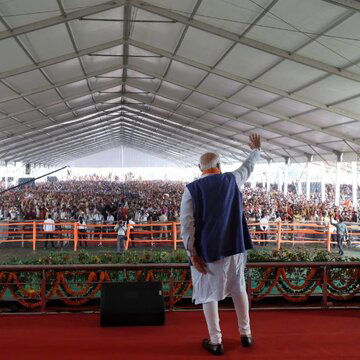Elon Musk’s new AI-driven model, the Grokipedia, is a direct challenge to Wikipedia. The purpose of both the encyclopedias is the same, but the all-new Grokipedia is AI-powered.
Can the AI feature in Grokipedia beat the pioneers of the knowledge-providing platform, Wikipedia?
X Corporation’s owner, Elon Musk has officially made his next move to break Wikipedia's years of market dominance. After months of teasing, Musk has quietly launched Grokipedia (v0.1), an AI-generated encyclopedia from his xAI lab.
For years, Musk has been one of Wikipedia’s most powerful critics. Grokipedia is his answer: a knowledge base, built not by human editors, but by the truth-seeking mind of his Grok large language model.
In a post on X, Musk announced the launch, claiming, “Version 1.0 will be 10X better, but even at 0.1 it's better than Wikipedia imo.”
The significant doubt
At first glance, Grokipedia looks familiar, with a minimalist search bar and a clean layout. But the engine is completely different. However, Wikipedia is built on a foundation of complete transparency; every edit, every argument, every source is logged by a human volunteer, but in Grokipedia, you cannot edit articles. Instead, Musk says users will be able to "ask Grok to add/modify/delete articles," with the AI ultimately deciding whether to accept the change.
The initial offering is around 8,85,000 articles compared to the English-language Wikipedia's 7 million-plus. And in an early analysis from The Verge and Forbes, it was found that many of Grokipedia's articles are nearly the same as Wikipedia.
A battle for truth
On sensitive topics, Grokipedia’s truth looks different. As stated by The Washington Post, “the entry for Elon Musk himself downplays past controversies and includes a glowing section on his recognition and long-term Vision.”
This is the core of the experiment. Grokipedia is not just a tool; it is an ideology that bets that one company's AI-trained model is a better source of truth than the open source of humanity.
The site is live now, and it’s time for the users to choose if they want to know facts from the crowd or from the code.











